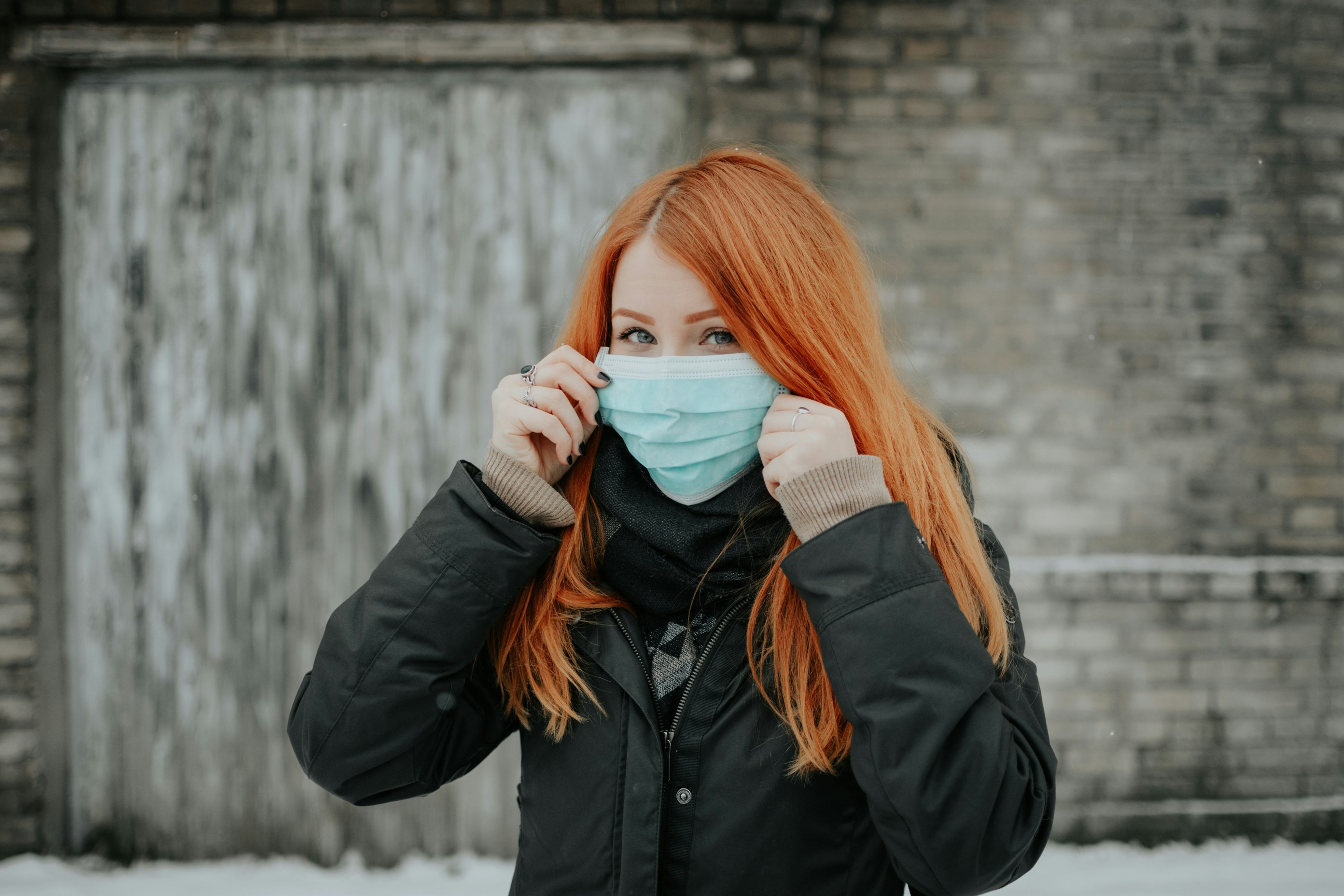Virus Expert Just Issued This Important COVID Update

As COVID-19 surges across the U.S. and Europe this summer, virus expert Michael Osterholm offers a critical update on the evolving pandemic, on the most recent episodes of his podcast, Osterholm Update. With cases and hospitalizations on the rise, Osterholm warns that the virus is far from over, driven by waning immunity and the rapid spread of new variants like KP 3.1. While the current wave may not be as deadly as previous peaks, it still poses a significant threat to public health. In his latest podcast, Osterholm breaks down what to expect from future surges and emphasizes the importance of staying informed, especially as misinformation about vaccines continues to spread. As the FDA rolls out updated vaccines for 2024-2025, Osterholm urges everyone to get vaccinated, highlighting the new two-month gap recommendation between doses. In these uncertain times, his insights provide a clear path forward.
RELATED: COVID Levels Are “Very High” in These 27 States
Current COVID-19 Surge

The summer surge of COVID-19 is ongoing, with increasing cases and hospitalizations in the U.S. and Europe. “It is very clear that this virus has not gone anywhere and I know so many people being infected every day. So it’s not surprising to me that the summer wave as it’s now being called is continuing. But let me be really clear again. If you look at the pandemic from its beginning in 2020 till now you can actually see that we’ve had 10 different surges or waves in a sense that have occurred,” says Osterholm on the podcast.
COVID Levels are “Very High”

This surge is being driven by waning immunity and the emergence of new variants, particularly KP 3.1, which is now the dominant strain in the U.S. “Based on the latest CDC data the national wastewater concentrations have been classified as very high far exceeding the level we saw last summer and nearing the levels we saw during the summer 2022 wave and the winter surge of 2022 into 2023,” says Osterholm. Although hospitalizations and deaths are rising, they remain significantly lower than during previous peaks, thanks to widespread immunity and vaccination. “While hospitalizations are increasing, we’re in a much better position right now than we were during the last waves,” says Osterholm.
Future COVID-19 Expectations

The podcast discusses the likelihood of continued COVID-19 activity with periodic surges rather than a shift to a purely seasonal pattern. “I think this is the new face of Covid 2024 and into the future we’re going to see more and more of this interplay between waning immunity and new variants. And with that we could see a surge in any of the four seasons,” says Osterholm.
Will We Have Future Surges?

Future surges are expected to be less severe in terms of hospitalizations and deaths but will still pose significant public health challenges. “They will not be nearly as severe in terms of hospitalizations and deaths as the previous pandemic related surges of 2020 to 2023. But they will be real,” says Osterholm.
RELATED: Experts Say You May Want to Pull Out Your COVID Masks—Here’s What to Know
Updated COVID-19 Vaccines

The FDA has approved the updated 2024-2025 monovalent mRNA vaccines. Pfizer’s vaccine is available for those 12 and older, while Moderna’s vaccine is available for ages six months through 11 years and those 12 and older. “The Food and Drug Administration announced approval of the updated 2024-2025 monovalent or single strain mRNA vaccines,” says Osterholm. Listeners are encouraged to seek out the new vaccine as soon as possible, with some availability expected at larger pharmacies soon. “This really allows us to skip over the discussion about how to find a dose of the older vaccine and get us right to the new updated vaccines,” says Osterholm. There’s a new recommendation that only a two-month gap is required between a previous vaccine dose and the new updated dose. “There’s now only a two-month window that’s needed between a previous dose of vaccine and getting the new doses,” says Osterholm.
Misinformation on COVID Vaccines

There has been a wave of misinformation suggesting that the 2023-2024 COVID vaccines have been recalled or expired, which is untrue. This misinformation has made it difficult for people to access vaccines. “These inaccurate claims…have made it difficult for those of you who are seeking out a vaccine as I did several weeks ago to find available doses at your local pharmacies,” says Osterholm. The podcast emphasizes the importance of verifying vaccine information and encourages people to continue seeking vaccination despite these challenges. “The bottom line is that the misinformation and COVID vaccination coming from clinics and pharmacies is totally unacceptable,” says Osterholm.
How to Stay Safe

To stay safe during the ongoing COVID-19 concerns, health experts recommend several precautions. As Osterholm says, consider getting the updated 2024-2025 COVID vaccine to protect against the latest variants. When traveling, particularly in crowded or poorly ventilated areas like planes or indoor attractions, wearing a COVID mask, such as an N95, KN95, or KF94, can significantly reduce your risk of exposure. It’s also wise to carry extra masks in case you find yourself in a situation where they might be needed, like sitting near someone who appears unwell. If you’re feeling under the weather, wearing a mask helps protect others around you. Finally, stay vigilant for common symptoms, such as a sore throat, which is prevalent with the current variants, and take appropriate action if you suspect you’ve been exposed.